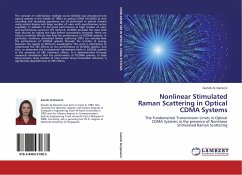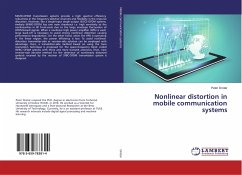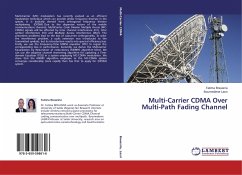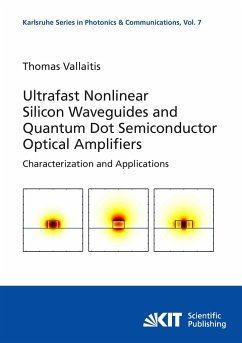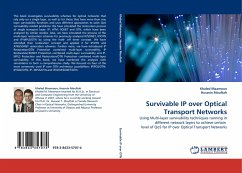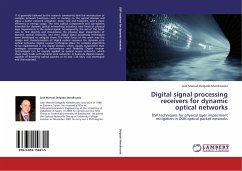The concept of code-division multiple access (CDMA) was introduced into optical systems in the middle of 1980 s as optical CDMA (OCDMA) so that encoding and decoding operations are all performed in optical domain using optical devices and large number of users with asynchronous access capability. In addition to the good performance at high number of users and asynchronous access to the network, OCDMA provides the users with high security by coding the data before transmission. However, there are various nonlinear effects that limit the performance of OCDMA systems. In particular, nonlinear stimulated Raman scattering (SRS) can severely limit the performance of OCDMA systems through the transfer of energy between the signals at different wavelengths. This work is attempting to understand the SRS effects on the performance of OCDMA systems, and thus, to determine the fundamental transmission limits in OCDMA systems in the presence of SRS nonlinear effects. It is demonstrated through numerical simulations that the performance of OCDMA systems, at high input powers, large number of users and/or long transmission distances, is significantly degraded due to SRS effects.
Bitte wählen Sie Ihr Anliegen aus.
Rechnungen
Retourenschein anfordern
Bestellstatus
Storno

